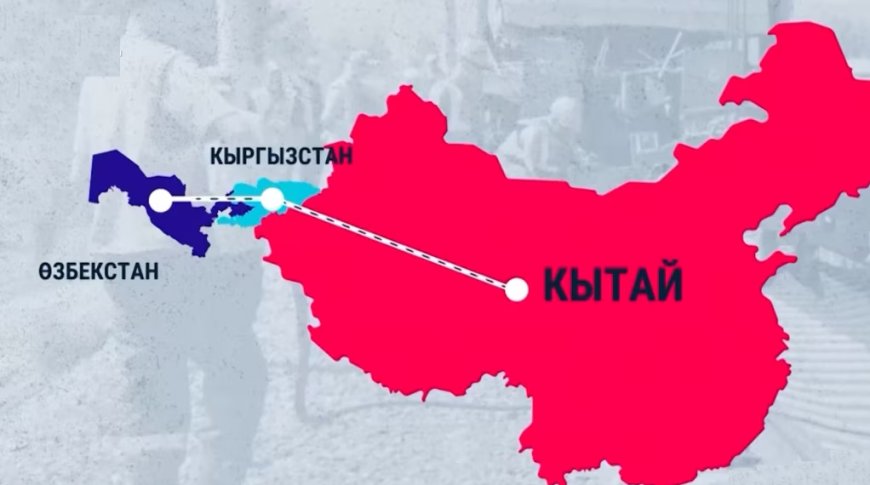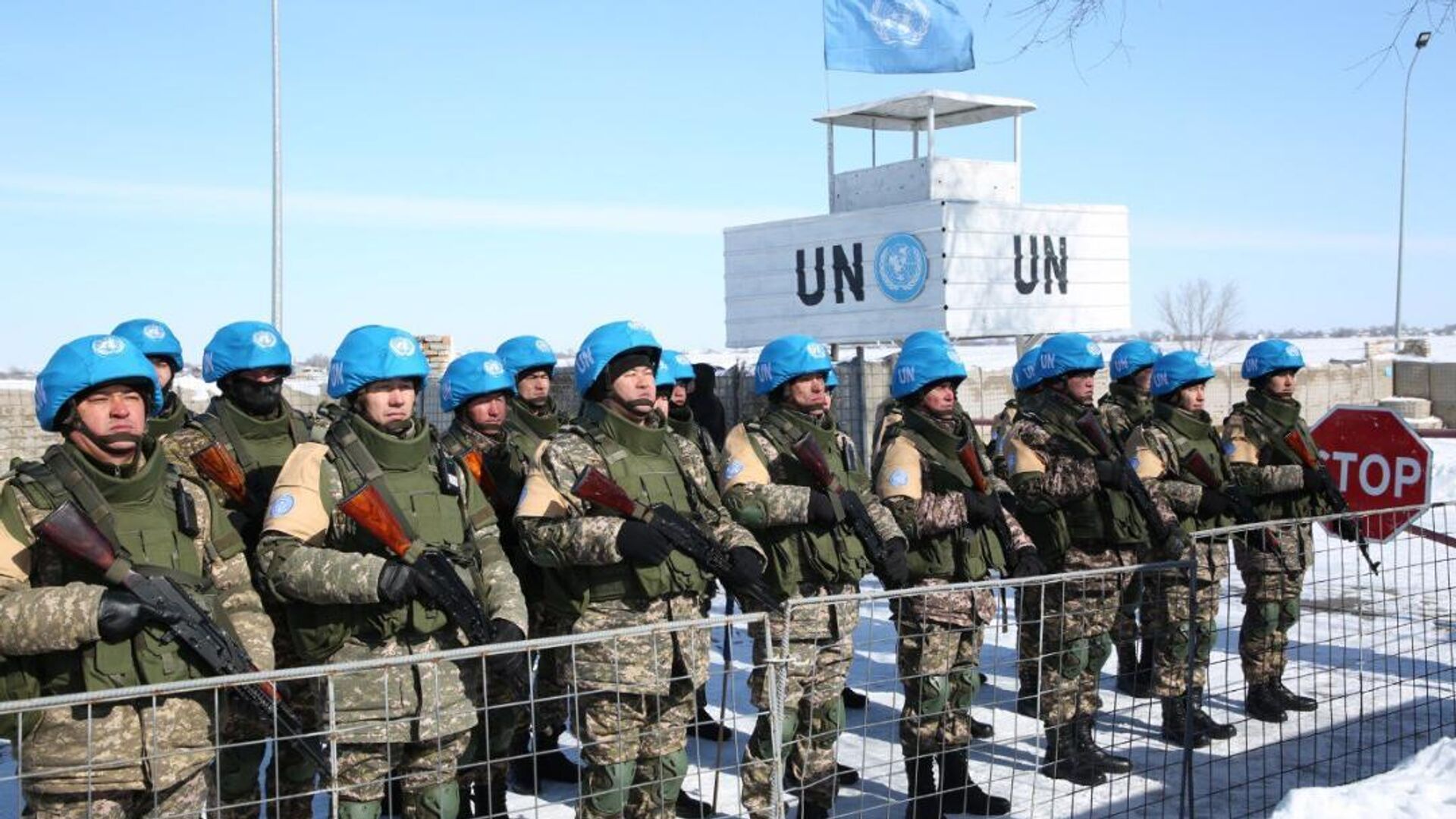Attention to the "China-Kyrgyzstan-Uzbekistan" railway line
The intention of the Kyrgyz authorities to launch the China-Kyrgyzstan-Uzbekistan railway project in 2024 at the expense of China, bypassing Kazakhstan and Russia, has attracted attention. It is planned that the new route will pass through Turkmenistan, Azerbaijan, Georgia and Turkey, becoming "the Kyrgyz state's own way to Europe".

Project history and current status
The China-Kyrgyzstan-Uzbekistan railway project has been under discussion for almost 20 years. In 1997, the three countries signed a memorandum of understanding, but until recently there was no real progress. For years, there were disputes over the route, track gauge, sources of funding and environmental issues.
In 2022, Beijing, Tashkent and Bishkek agreed on a 454-kilometre part of the route from the city of Kashgar in Xinjiang to the Uzbek border. However, despite the agreement to prepare technical documentation and start construction work in 2023, an $8 billion funding issue delayed the start of construction.
Challenges and benefits of the route
In Kyrgyzstan, the most challenging section will be the Torugart Pass - Jalal-Abad route, requiring the construction of 48 tunnels totalling 50 kilometres and many engineering structures.
The China-Kyrgyzstan-Uzbekistan railway will be an important addition to the "New Eurasian Continental Bridge" linking China to the Caspian Sea and the Aral Sea plain. The project will help shorten the route from China to Europe by almost 900 kilometres and provide access to Uzbekistan's railway network connected to Turkmenistan, Iran and Turkey.
Geopolitical and economic aspects
China is now forced to use the "China-Europe railway express" through Russia, which is partially blocked due to the Russia-Ukraine conflict. About 88 per cent of cargo on this route transits through Kazakhstan, which increases the cost and time of delivery. The new route through Kyrgyzstan will diversify transport routes and reduce costs.
Prospects for Kyrgyzstan
Kyrgyzstan is trying to utilise its geopolitical position by attracting the interests of Russia, China, the US, Iran, Turkey, India and Pakistan. Despite this, the country does not have sufficient funds to implement such projects on its own, which pushes it to co-operate with China.
The policy of multi-vectorism with orientation towards the US and Europe through the "Chinese gate" while maintaining economic integration with Russia is becoming increasingly difficult due to the lack of resources to balance between major geopolitical players.
The China-Kyrgyzstan-Uzbekistan railway project has the potential to significantly change the transport and logistics map of the region, creating new opportunities for Kyrgyzstan and its partners.
From information sent by an anonymous source



:focal(0.49:0.37):format(webp)/YXJ0aWNsZXMvaW1hZ2UvMjAyNS80LzIwMjIxMjAzLWdhZi11NTUtNzkwLmpwZw.webp?w=1920)





















